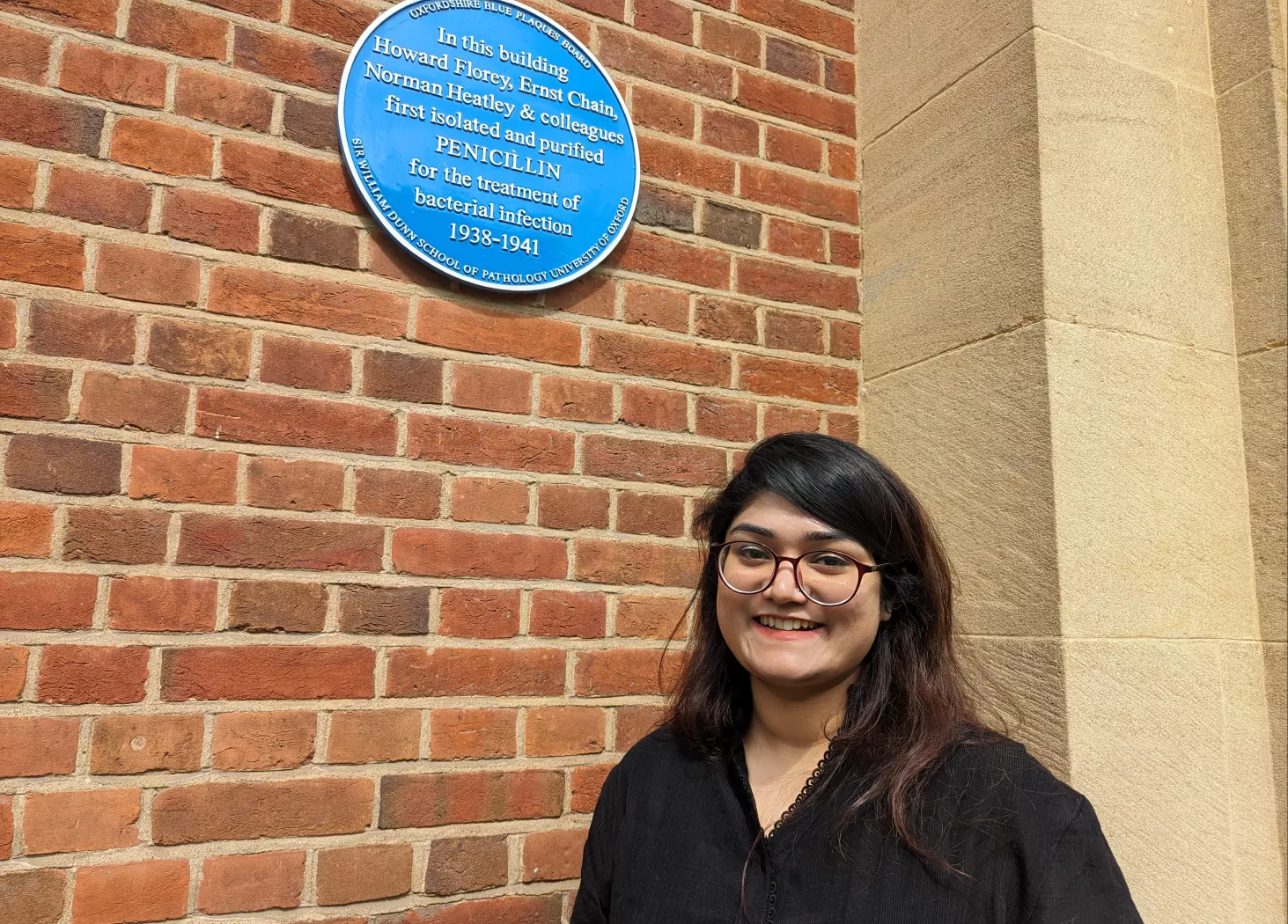Dr Farhin Humayra is a Research Assistant for the IOI’s BALANCE study, working at the Dhaka Medical College Hospital in Bangladesh. We caught up with Farhin to learn more about her role in contributing to BALANCE.
The BALANCE study compares deaths caused by multi-drug-resistant infections in low- and middle-income countries (LMICs), with that of high-income countries. Dhaka Medical College Hospital is one of four sites in Bangladesh participating in the study.
A trained physician, Farhin is responsible for enrolling patients suspected to have blood-stream infections in the BALANCE study, and gathering and recording a range of information about them. This includes patients’ demographic data such as their age and sex; economic data and clinical data, including blood samples.
Microbiologists at the hospital then test the blood for evidence of any bacterial infection. The blood culture reports are available to the patients, free of cost.

These test results inform the care of the patient, and if bacteria of interest are detected, they are processed and shipped to Oxford for advanced analysis.
For Farhin, the impact of recording this information is much more immediate. The reports produced for the BALANCE study help improve treatments of patients admitted in the hospital and streamline antibiotic usage. The BALANCE study has helped Farhin detect an unusual fungus infection amongst children and has also helped prevent a bacterial outbreak.
Our physicians rely on the reports we give to guide clinical decisions. Getting information about the frequent bacteria causing infections, and their susceptibility to different antibiotics means that informed decisions can be made about which drugs to prescribe. This helps treat infections more quickly, improving patient outcomes and reducing the spread of AMR.

Farhin is currently working with the hospital to develop outbreak response protocols to ensure that appropriate action is taken when patterns are spotted, to reduce risk to the patients.
Dhaka Medical College Hospital, along with the other BALANCE collaborating sites, is contributing to a global database of high-quality data about the impact of antibiotic-resistant infection in LMICs. The hope is that this data can be used to identify the true extent of the burden of AMR in LMICs, and to advocate for changes in policy and resourcing to address this global threat.
Our work is only possible with the support of a large team, and the guidance of our research lead in the BALANCE project. Being part of this study is an honour, it has helped me in my career journey as a physician and inspired me to enter the field of clinical research.

